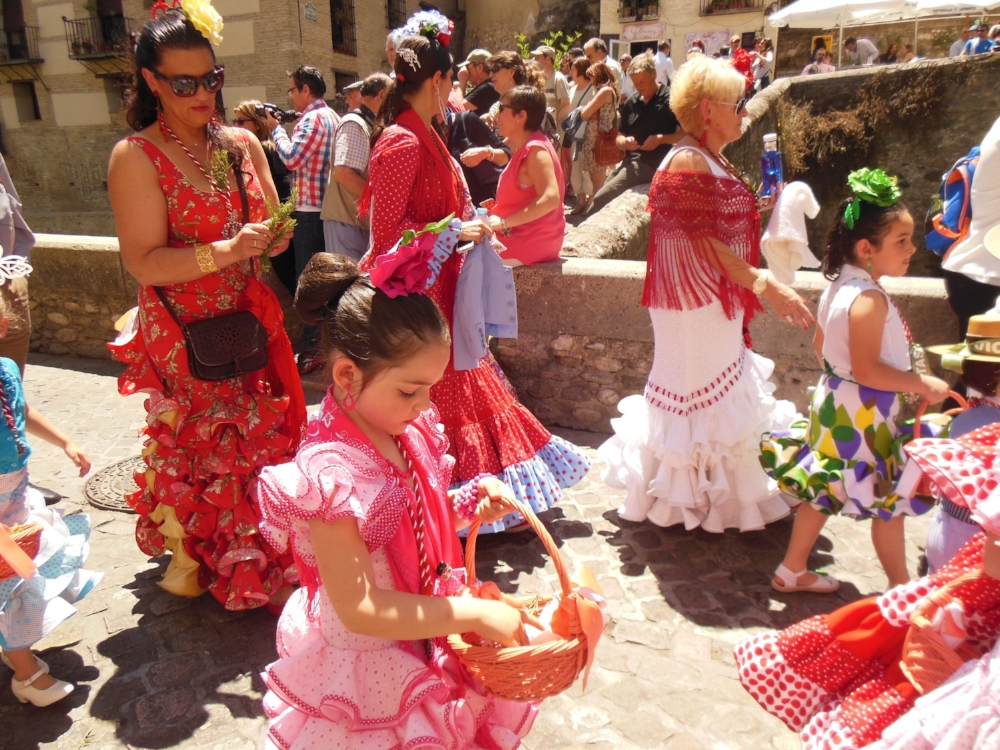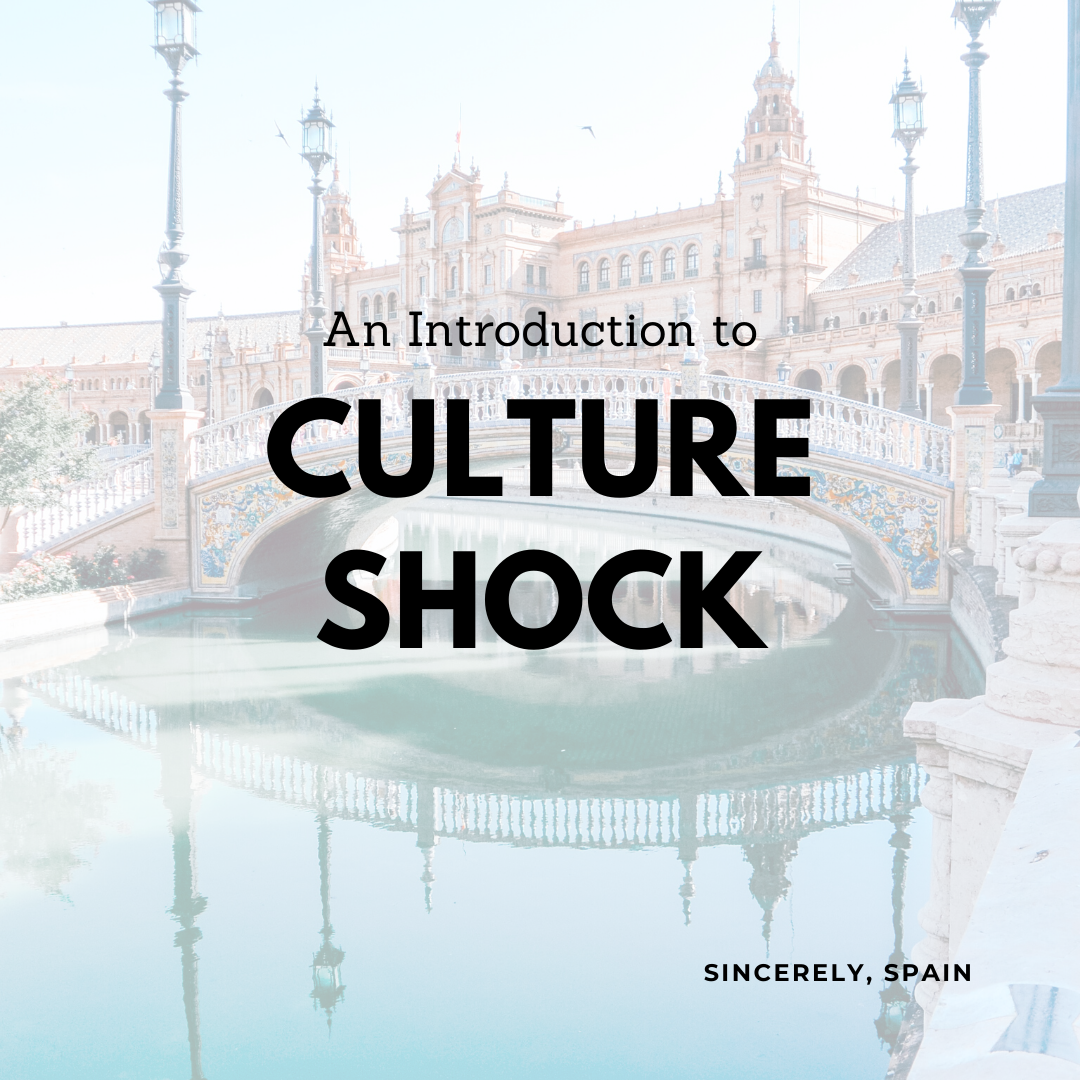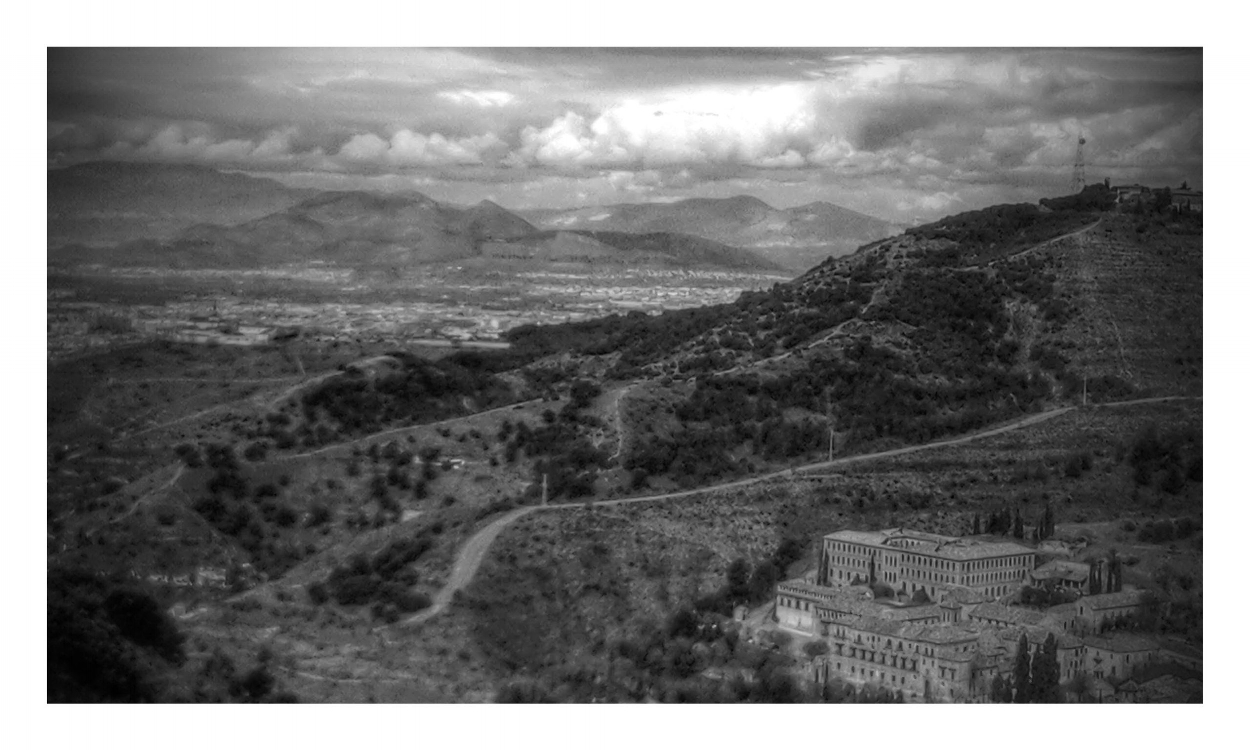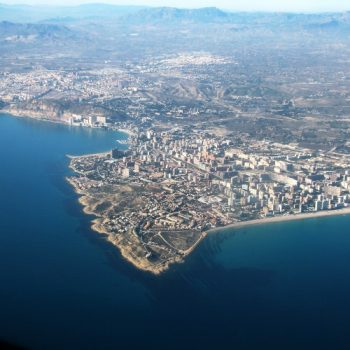
An Introduction to Culture Shock
Dear Maddy,
 We recently posted about the experience of returning home after your abroad experience. Dani wrote about how the sameness and differences that you may face going back home can not only be difficult to understand, but that they are also frustrating to deal with. She refers to this as reverse culture shock. However, before we can dive deeper into the reverse culture shock, we think it is important to introduce the concept of culture shock.
We recently posted about the experience of returning home after your abroad experience. Dani wrote about how the sameness and differences that you may face going back home can not only be difficult to understand, but that they are also frustrating to deal with. She refers to this as reverse culture shock. However, before we can dive deeper into the reverse culture shock, we think it is important to introduce the concept of culture shock.
Culture shock is the ‘shock’ that one may feel when experiencing a culture different to his or her native cultural experience. We can divide this phenomenon into four main phases: the honeymoon phase, the frustration phrase, the adjustment phase, and the acceptance phase. While each of us will go through these phases in our own way (and you may not experience one or several of them), these basic phases can be used to guide our transition process to feeling at home in a new place.
1. The Honeymoon Phase
Like all new relationships, the first few days (or weeks, or months, etc.) in your new home will most likely seem wonderful; you will probably feel infatuated with the new place and culture where you find yourself. You may be in a tourist mode—which isn’t necessarily a bad thing—, exploring all that is around you, eating your way through the city, and feeling motivated to learn the language and meet people. In Spain this means you might find the breakfasts enchanting, the history incredible, and the jargon exceptionally cute (such as guiri and no pasa nada).
During your honeymoon phase it may feel as though Spain can do no wrong. You will enjoy the idiosyncrasies that appear in this new culture that otherwise may not be truly pleasing to you. This phase may last a short time or may go on for months—and for short trips may never end—but if you stay long enough, eventually the honeymoon phase will transition into the next one.
2. The Frustration Phase
When the honeymoon phase phases out (pun intended), you may find that the frustration phase sets in. This can be the most brutal of all the phases—we find that this feeling often sets in around month three the journey. Even when we are aware that the transition will happen around this time, we still become frustrated and annoyed with little things that a month before would not have bothered us at all.
 In Spain, this might translate into the fact that you want to get a cup of American-like coffee and that isn’t really possible (even at home), or that your language learning isn’t progressing as rapidly as you would like, or maybe you just cannot deal with how Spaniards make plans. During this time it is not unusual to question your extended stay in the country and what you are doing there. If your frustration during this phase is strong enough, you might even convince yourself to pack it in and head back home. If you manage to get through this feeling, though, you make it to the next phase.
In Spain, this might translate into the fact that you want to get a cup of American-like coffee and that isn’t really possible (even at home), or that your language learning isn’t progressing as rapidly as you would like, or maybe you just cannot deal with how Spaniards make plans. During this time it is not unusual to question your extended stay in the country and what you are doing there. If your frustration during this phase is strong enough, you might even convince yourself to pack it in and head back home. If you manage to get through this feeling, though, you make it to the next phase.
 3. The Adjustment Phase
3. The Adjustment Phase
As you overcome the frustration, you will begin to adjust to the things that initially were difficult for you to assimilate to. During the adjustment phase we become more comfortable with the people and situations around us, adapting and connecting to the culture in a more profound way than in the honeymoon phase. You will also find that you are more able to communicate efficiently and your group of friends will grow and adjust to the situation around you.
In Spain, this might mean that you are able to take advantage of your new language skills by taking a class at the local university. In turn, this might lead you to make more native friends and to take advantage of a long weekend to visit someone who is from the next town over. You might find the courage to travel more alone or you might find yourself wanting to create more of a home in the city you are in. While adjusting, you will find yourself able to get over the frustration more and more, finding yourself in this culture.
 4. The Acceptance Phase
4. The Acceptance Phase
Once you’ve gone through the previous three phases, you will end up in an emotional place where, although you may not understand everything*, you will feel extremely comfortable and at home in the new place. This also means that you are aware that it is not necessary (and probably not possible) to be completely fluent in the language or to completely understand the native culture to live happily and thrive in this place.
When you arrive to this phase you begin to realize that one culture is not inherently better than another culture; that neither the honeymoon phase nor the frustration phrase will truly represent the similarities and differences between cultures. This acceptance phase should consist of a personal balance where you are able to accept that which you cannot integrate into your own life while still embracing that which you love about the new country.
Like Claudia has previously stated, she will never be Spanish. And as Dani countered, she will never be totally American again either. For us, now going back to live in the United States would have its own, reverse culture shock.
Sincerely,
Spain
P.S. If you are looking for a great resources for coping with culture shock as an international student, check out this infographic!
*Even after living in Granada for years, we still don’t understand everything—from the language itself to the interpretation of how everything works—and we still have moments where we feel frustrated.
Source for the phase names: https://medium.com/global-perspectives/the-4-stages-of-culture-shock-a79957726164




